How to Deal with Your Dog's Heat Cycle
Dogs bring immense joy and companionship into our lives, but as responsible dog parents, it's crucial to understand and address their unique needs, including their reproductive health. One significant aspect of a female dog's life is her heat cycle, also known as estrus. Here's a comprehensive guide on how to navigate this natural process with care and empathy.
Understanding the Heat Cycle
Your furry friend's heat cycle typically occurs twice a year, although this can vary among breeds and individual dogs. It consists of four stages: proestrus, estrus, diestrus, and anestrus. During proestrus, which lasts around 9-10 days, you may notice vaginal bleeding and swelling of the vulva. Estrus follows, lasting about 5-9 days, where your dog is receptive to mating. Diestrus, the next phase, is a period of sexual inactivity, and anestrus is a resting phase before the cycle begins again.

Preparing for the Heat Cycle
Before your dog enters her heat cycle, it's essential to make necessary preparations. Create a safe and comfortable space within your home where she can rest undisturbed. Consider using dog diapers or protective clothing to manage any discharge. Additionally, stock up on essentials like sanitary pads, cleaning supplies, and extra bedding.
Managing Behavior Changes
During the heat cycle, your dog may experience significant behavioral changes due to hormonal fluctuations. Be prepared for mood swings, restlessness, and possible aggression or clinginess. Provide plenty of attention and reassurance while also setting boundaries to ensure her safety and well-being.

Physical Care During Heat
Maintaining your dog's hygiene is crucial during her heat cycle. Regularly clean her genital area to prevent infections, and avoid bathing her unless necessary to minimize stress. If she experiences any physical discomfort, such as abdominal cramping or bloating, consult your veterinarian for appropriate management.
Preventing Unwanted Pregnancy
Unless you're a professional breeder with carefully planned mating, it's advisable to spay your dog to prevent unwanted pregnancies and potential health risks associated with breeding. Alternatively, discuss contraceptive options with your vet to determine the best approach for your dog's reproductive health.
Supporting Your Dog's Health
A balanced diet is essential for your dog's overall health, especially during her heat cycle. Consider adjusting her meals to accommodate any changes in appetite or digestion. Additionally, moderate her exercise to prevent overexertion while still providing mental stimulation and enrichment.

Emotional Support for Your Dog
Your dog may experience heightened stress and anxiety during her heat cycle, so it's vital to offer emotional support and comfort. Spend quality time together engaging in calming activities like gentle walks or cuddle sessions. Provide a quiet and secure environment where she feels safe and loved.
Seeking Veterinary Care
If you notice any concerning symptoms or complications during your dog's heat cycle, don't hesitate to seek veterinary advice. Your vet can offer guidance on managing specific issues and may recommend additional care or interventions to ensure your dog's well-being.
Conclusion
Navigating your dog's heat cycle requires patience, understanding, and proactive care. By being attentive to her needs and providing the necessary support, you can help her through this natural process with comfort and ease.
FAQs
-
How long does a dog's heat cycle last?
- The heat cycle typically lasts around 2-3 weeks, but this can vary depending on the individual dog.
- The heat cycle typically lasts around 2-3 weeks, but this can vary depending on the individual dog.
-
Can I spay my dog while she's in heat?
- It's generally recommended to wait until after the heat cycle to spay your dog to reduce the risk of complications.
- It's generally recommended to wait until after the heat cycle to spay your dog to reduce the risk of complications.
-
Are there any natural remedies for managing my dog's heat cycle?
- While some dog parents may explore natural remedies, it's essential to consult with a veterinarian before trying any alternative treatments.
- While some dog parents may explore natural remedies, it's essential to consult with a veterinarian before trying any alternative treatments.
-
Is it safe to take my dog for walks during her heat cycle?
- Yes, but it's essential to keep her on a leash and avoid areas where intact male dogs may be present to prevent unwanted mating.
- Yes, but it's essential to keep her on a leash and avoid areas where intact male dogs may be present to prevent unwanted mating.
-
What are the signs of complications during the heat cycle?
- Signs of complications may include excessive bleeding, lethargy, loss of appetite, or signs of pain. If you notice any concerning symptoms, contact your vet immediately.


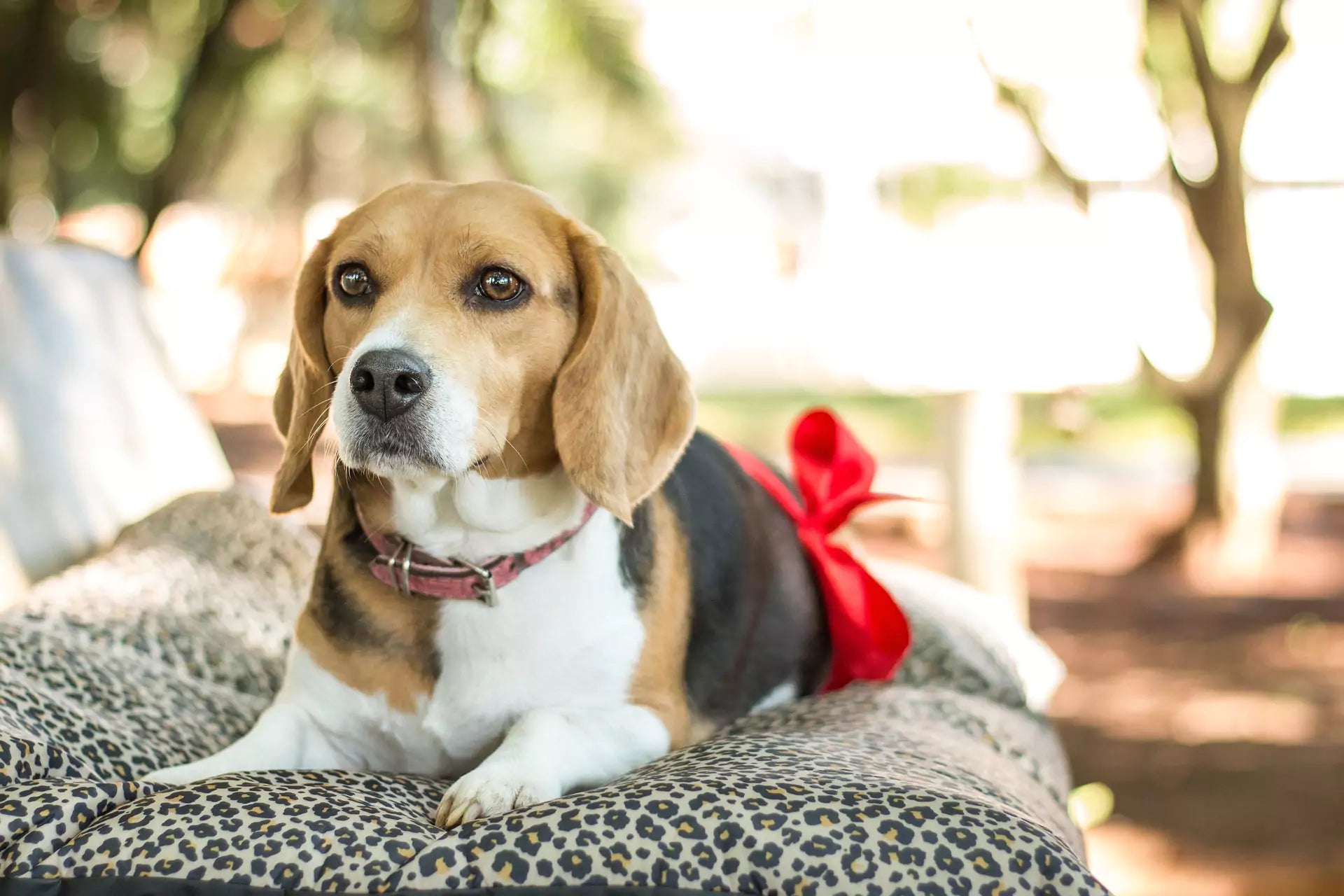
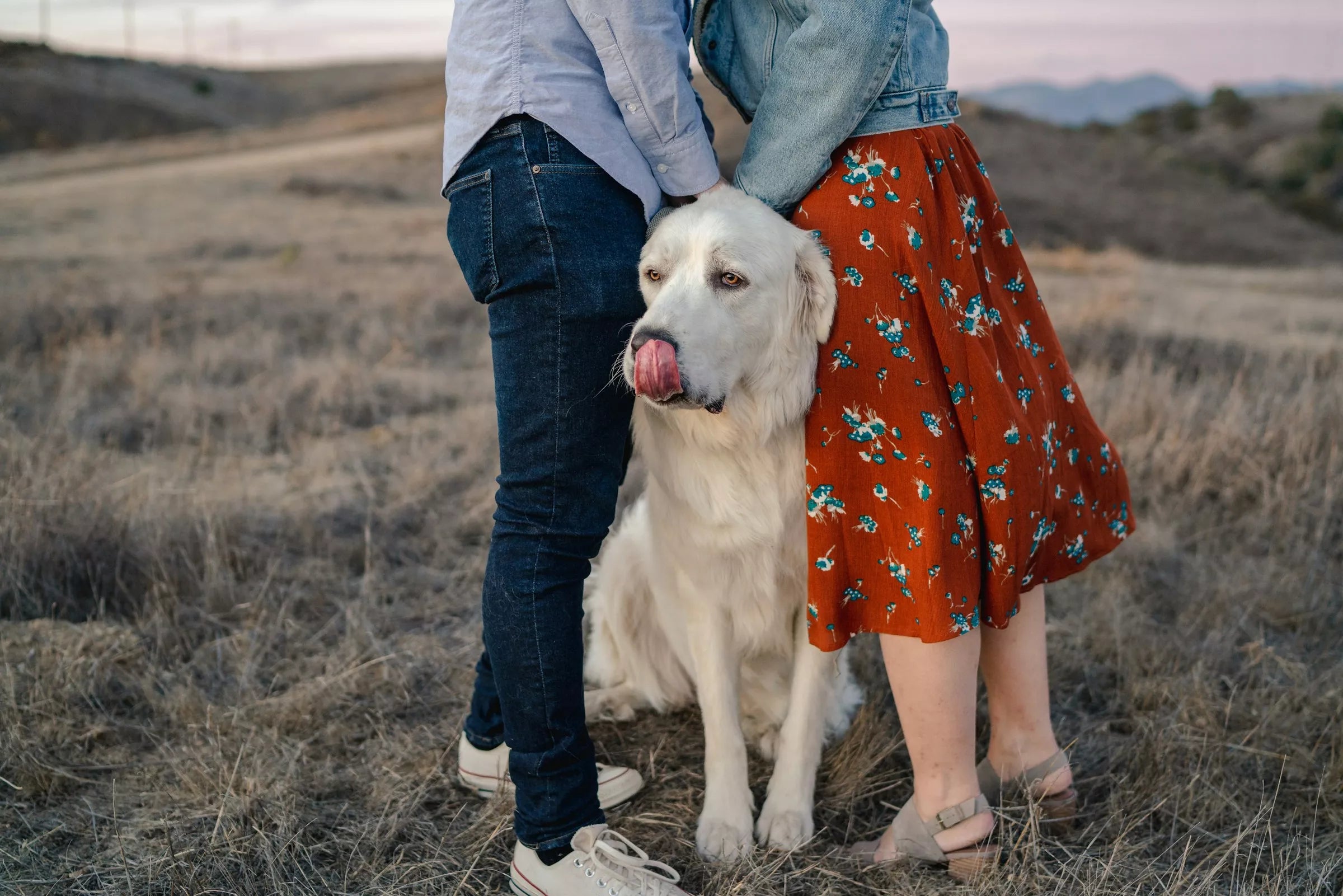
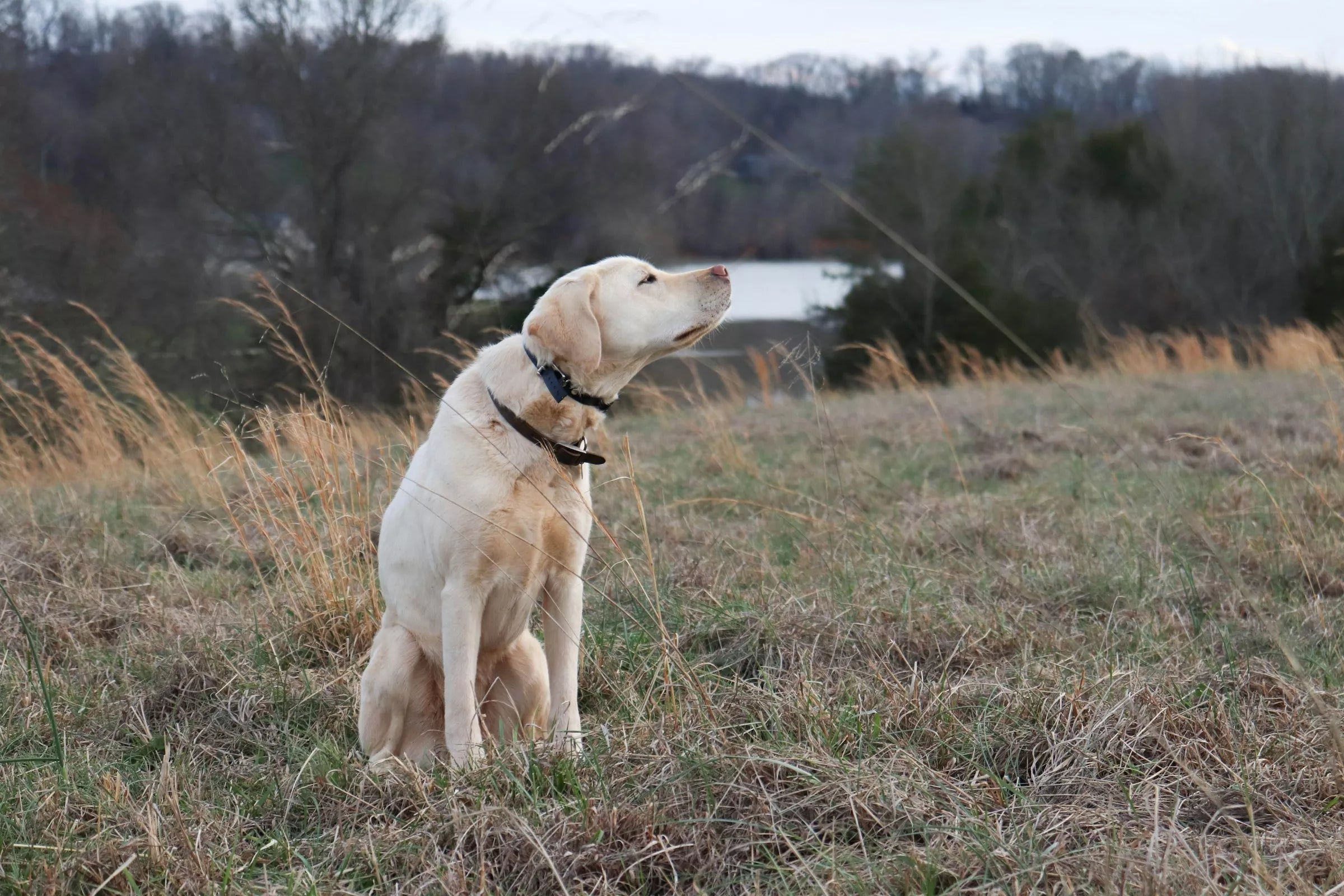
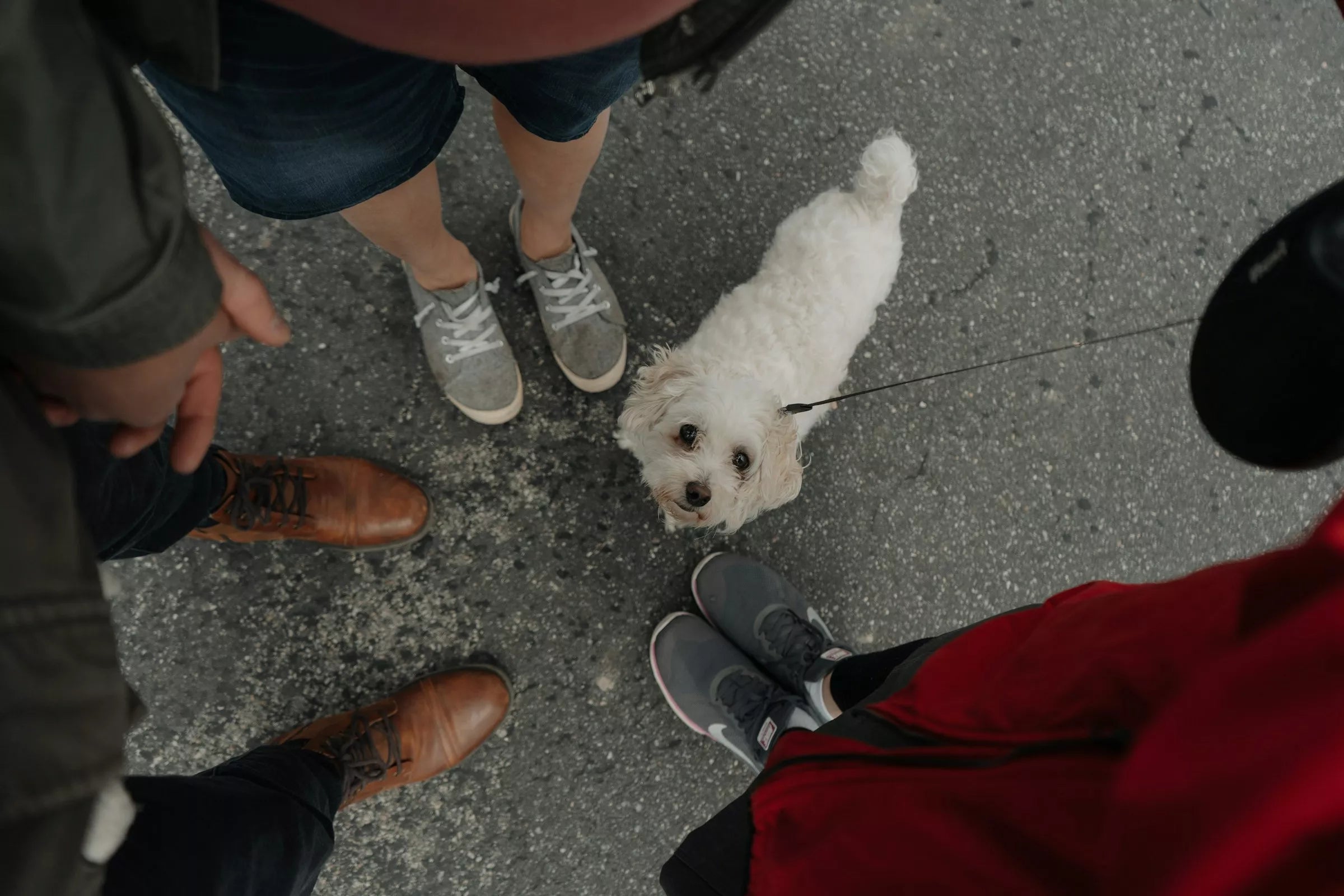
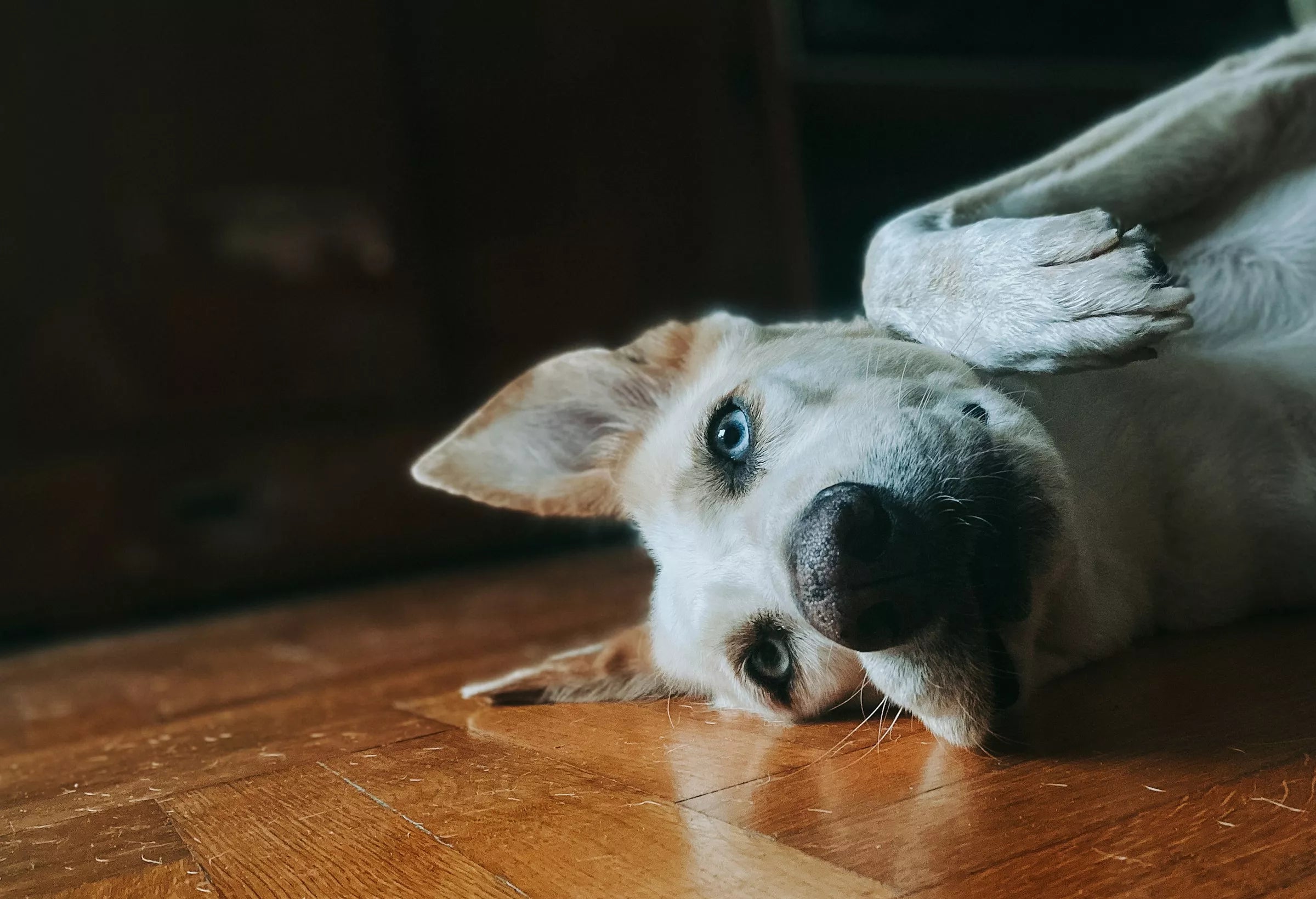
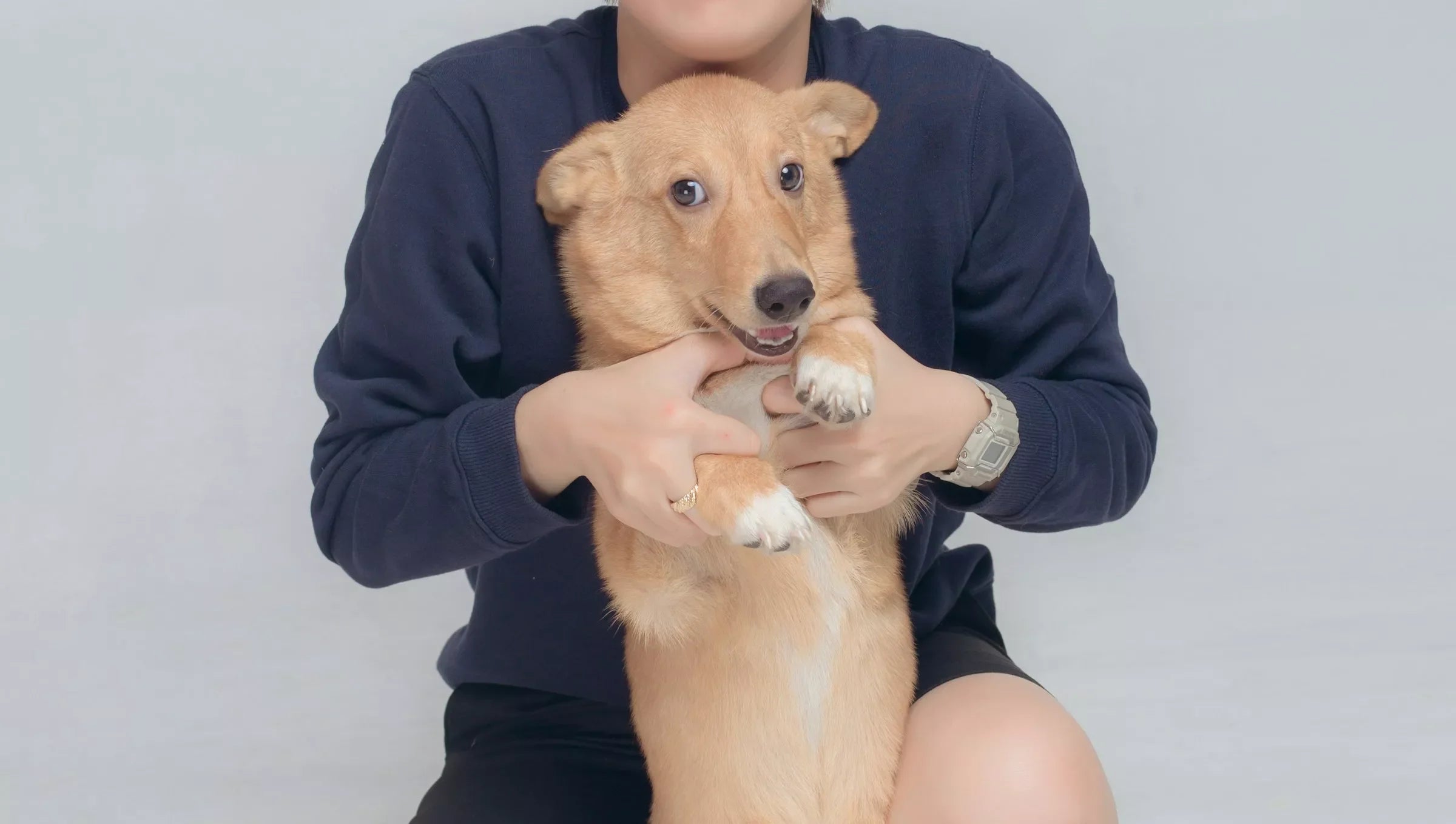
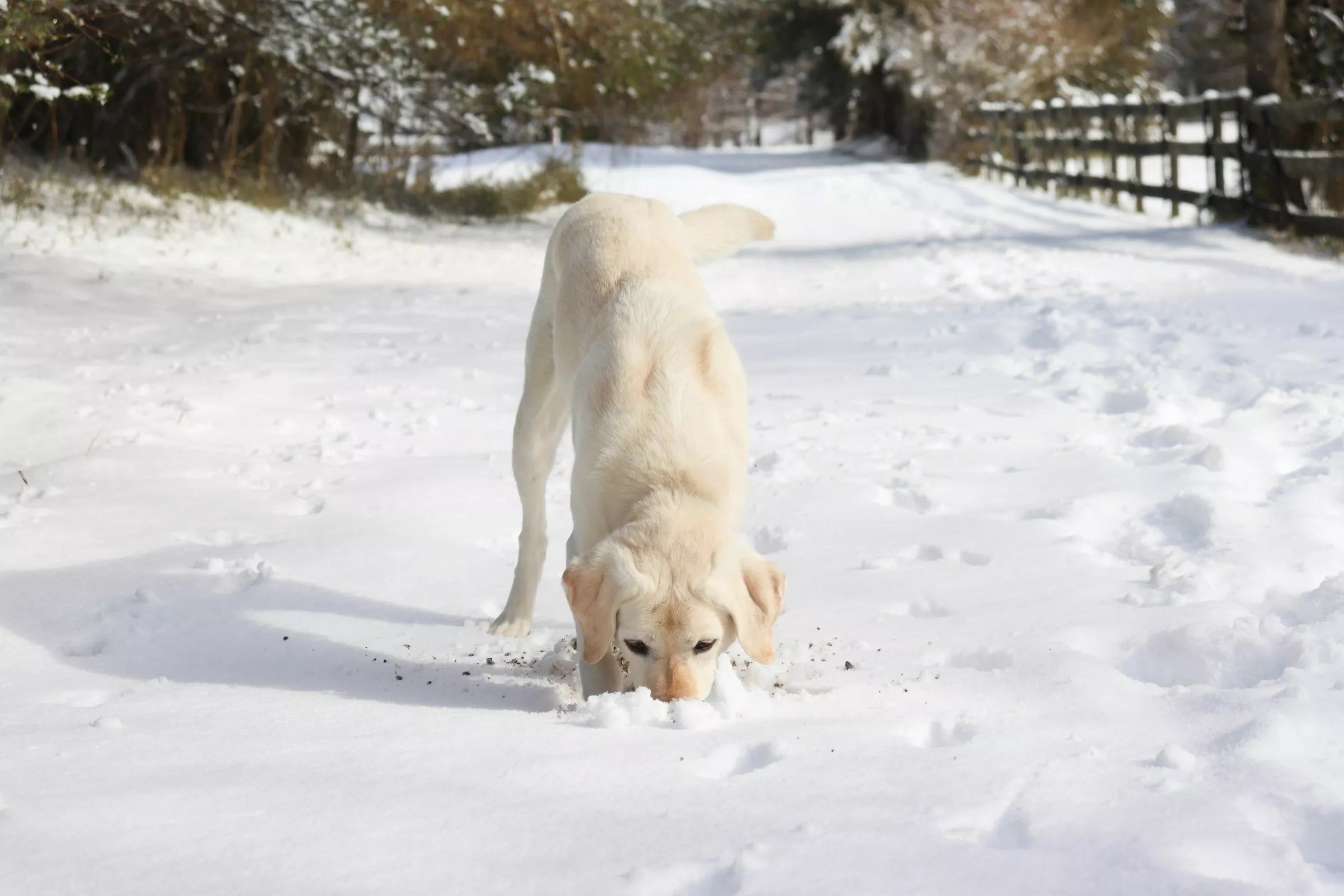






Share:
What Are the Signs of Pregnancy in Dogs?
How To Bond With My Dog?